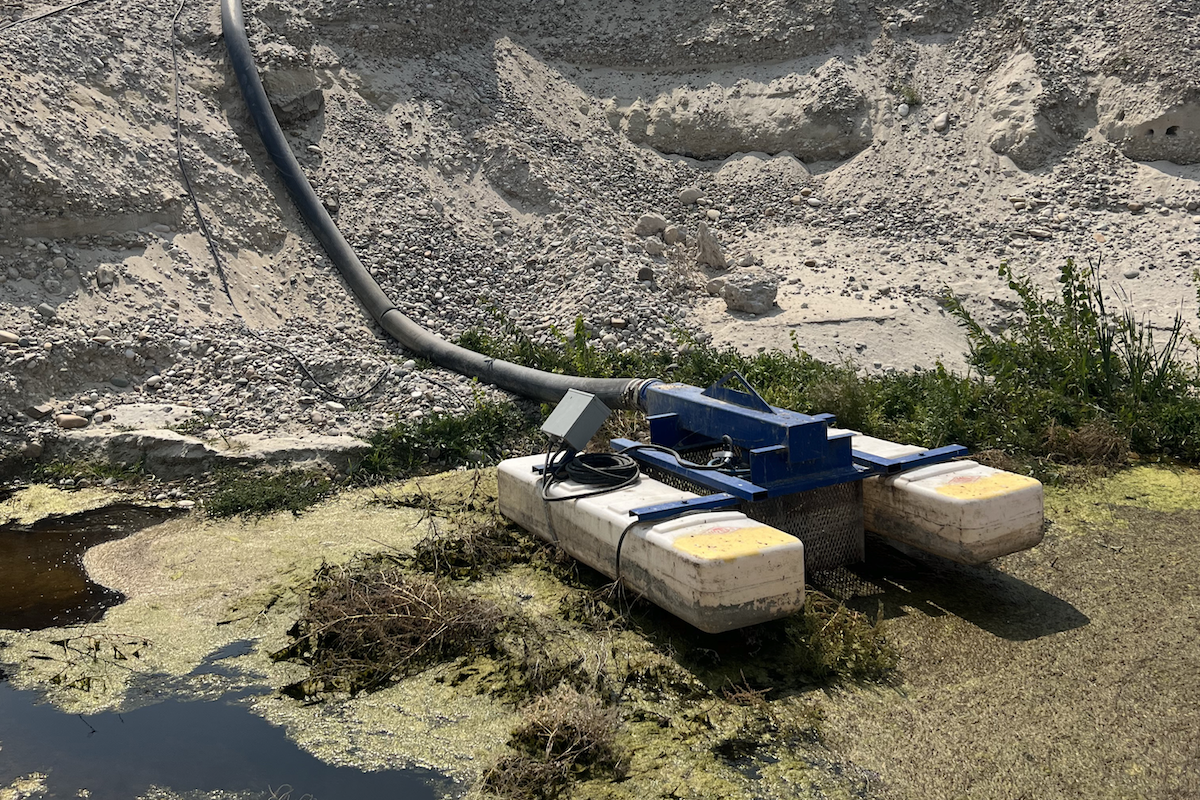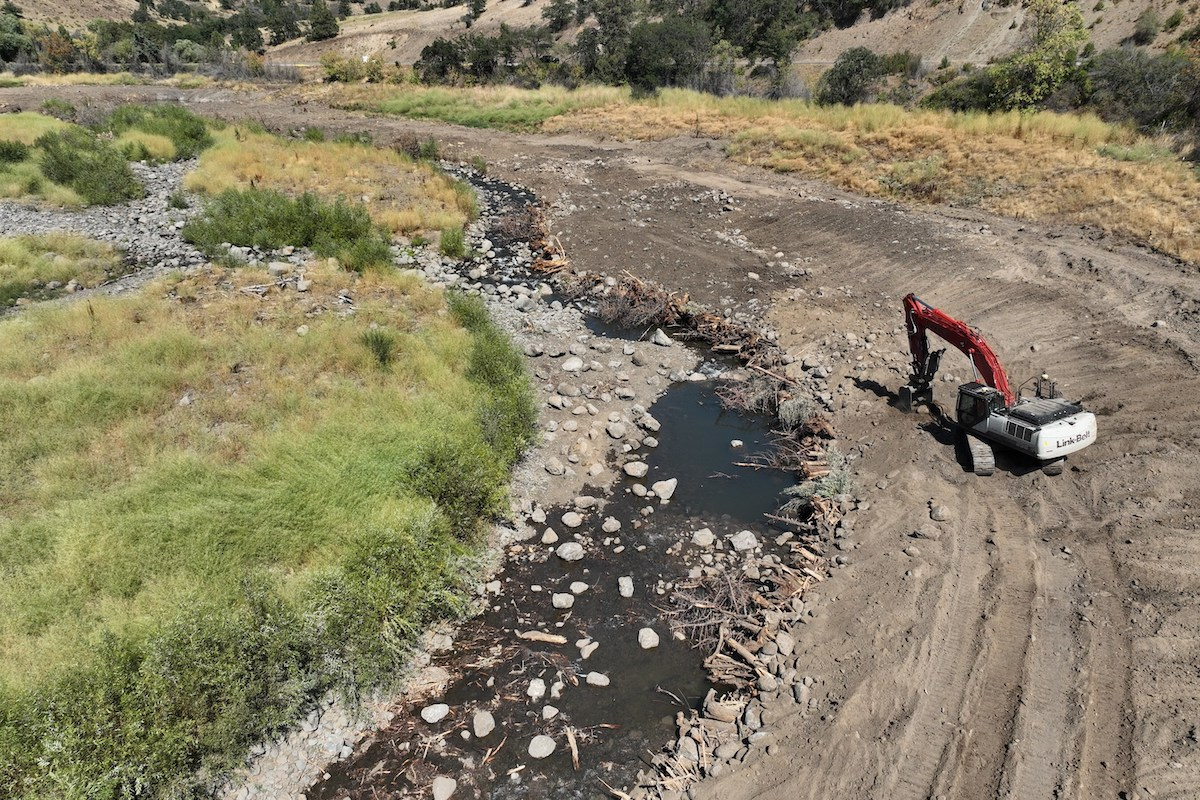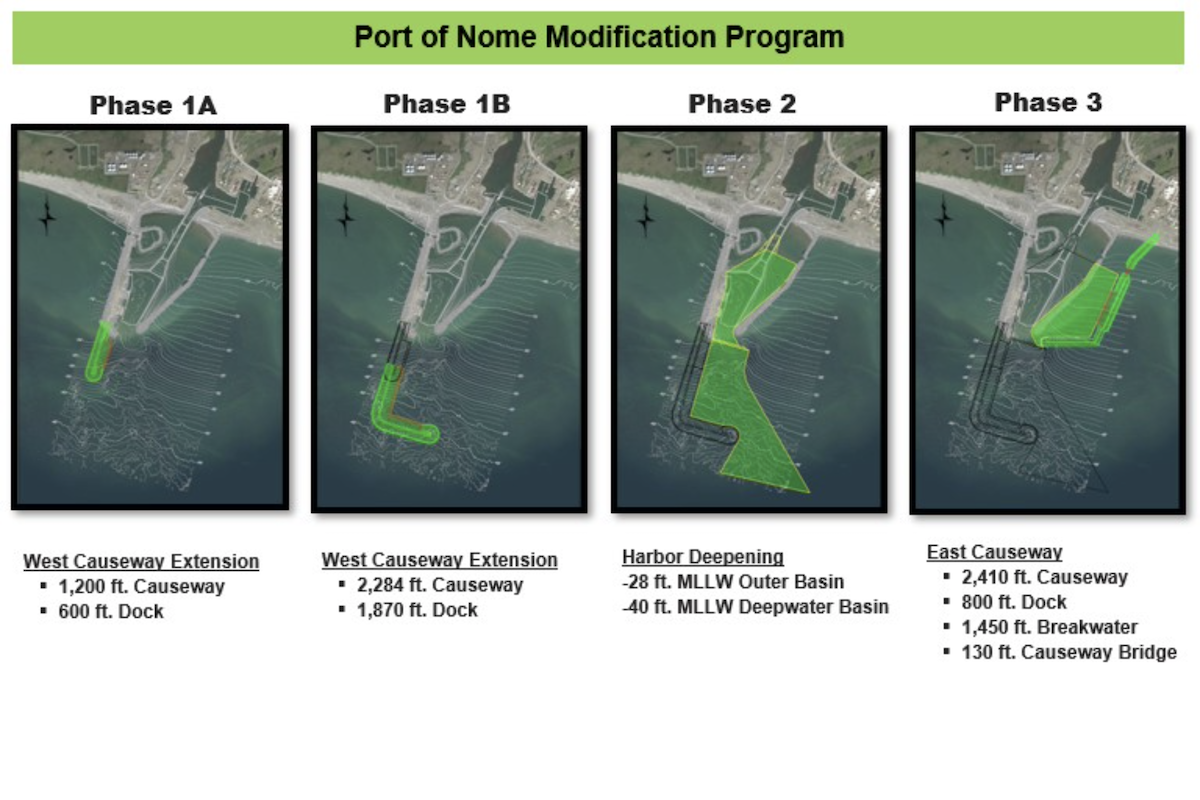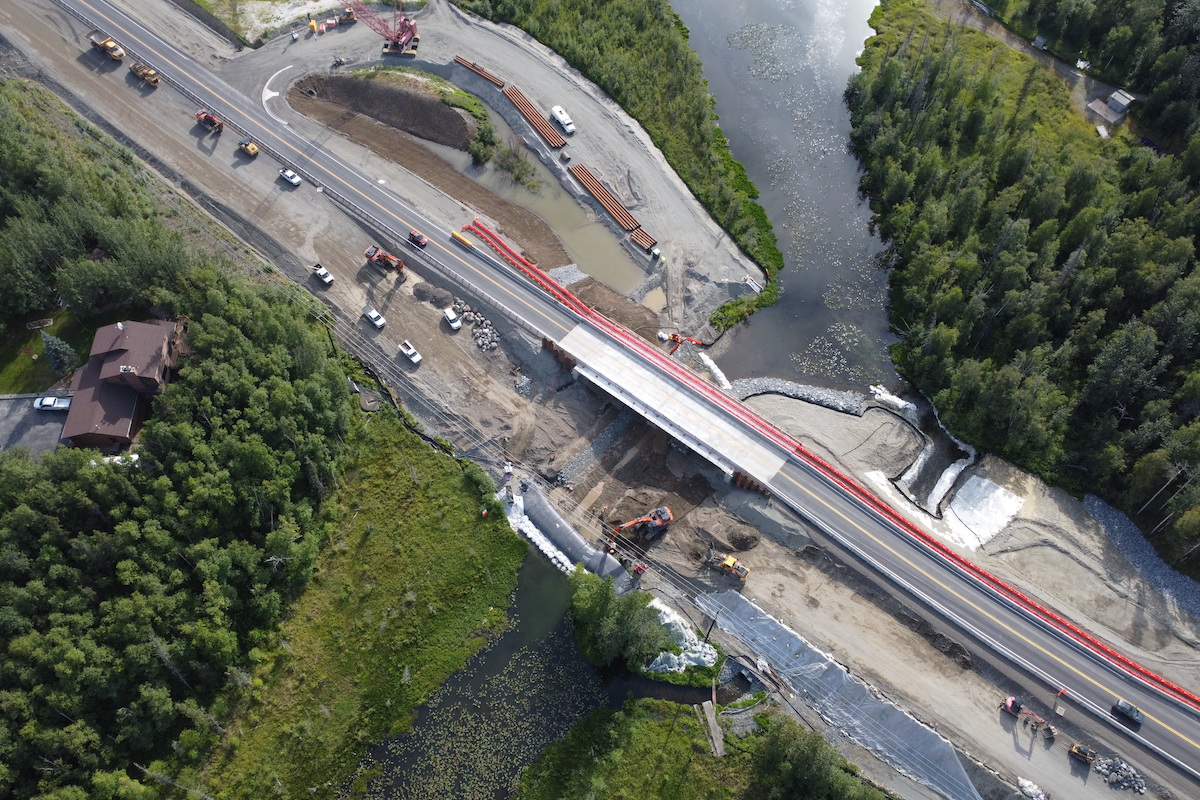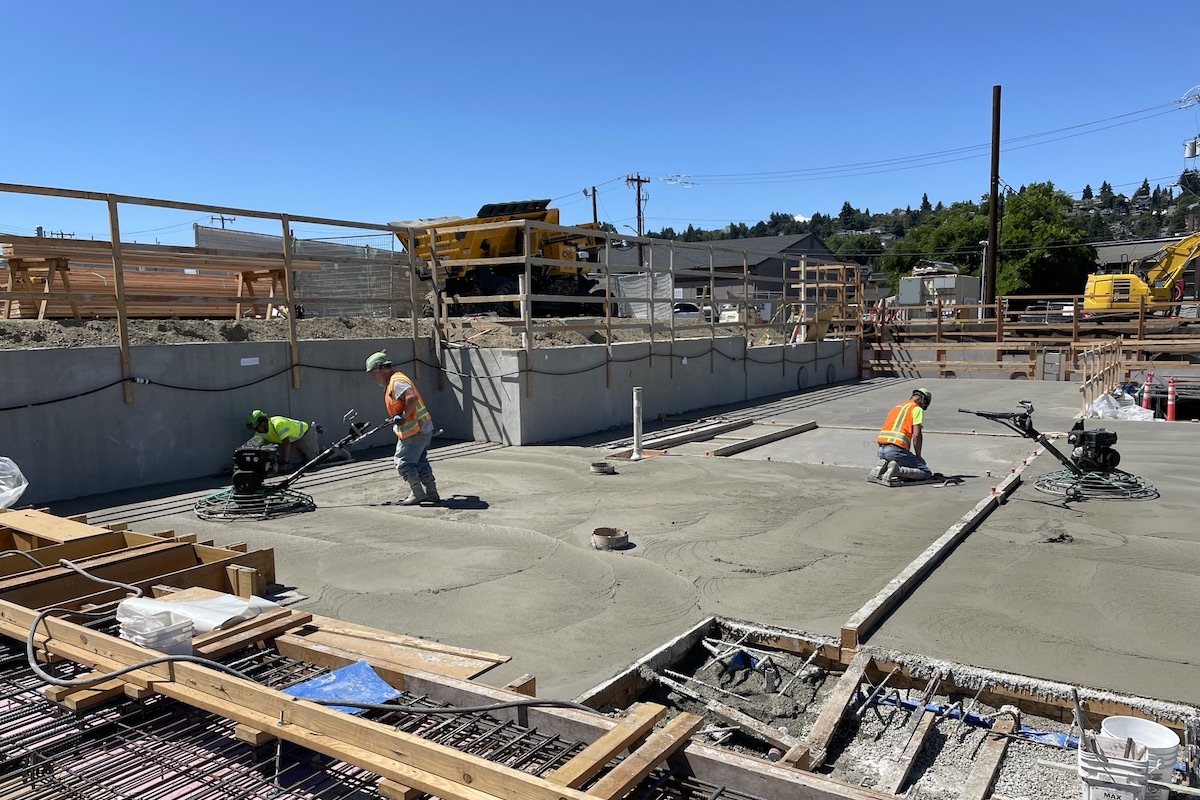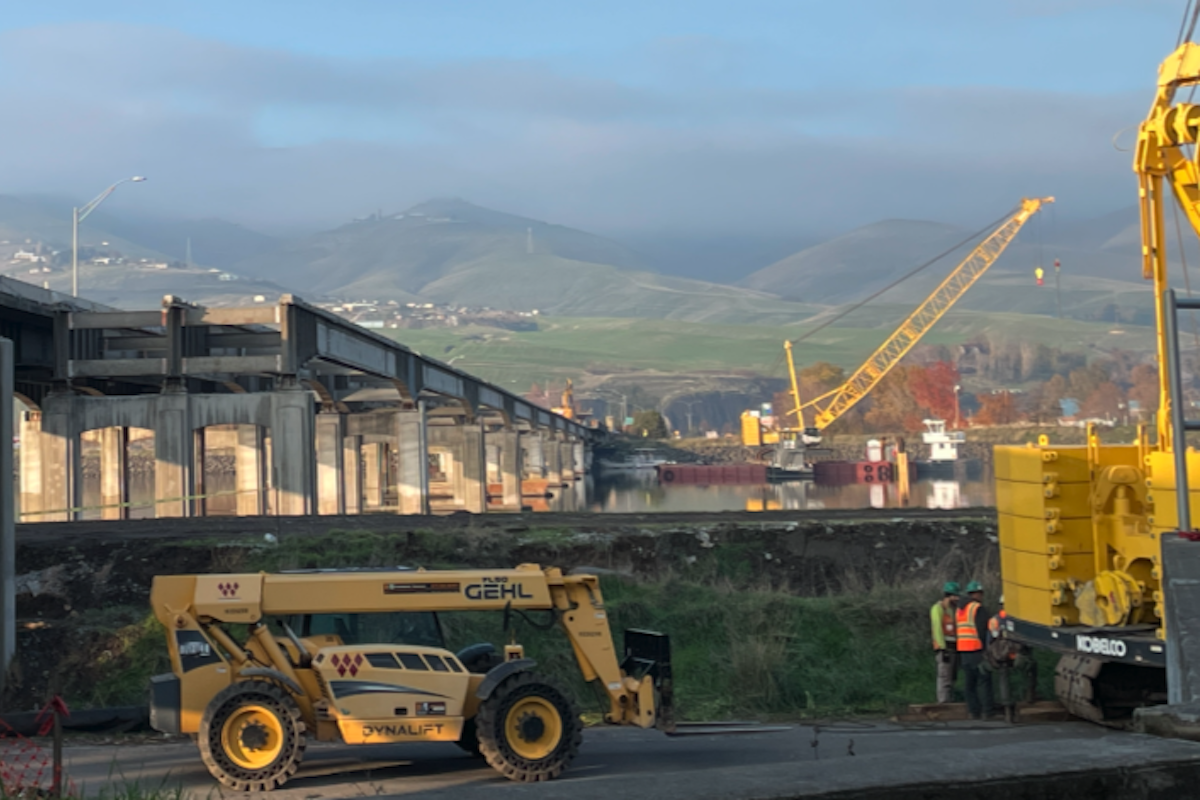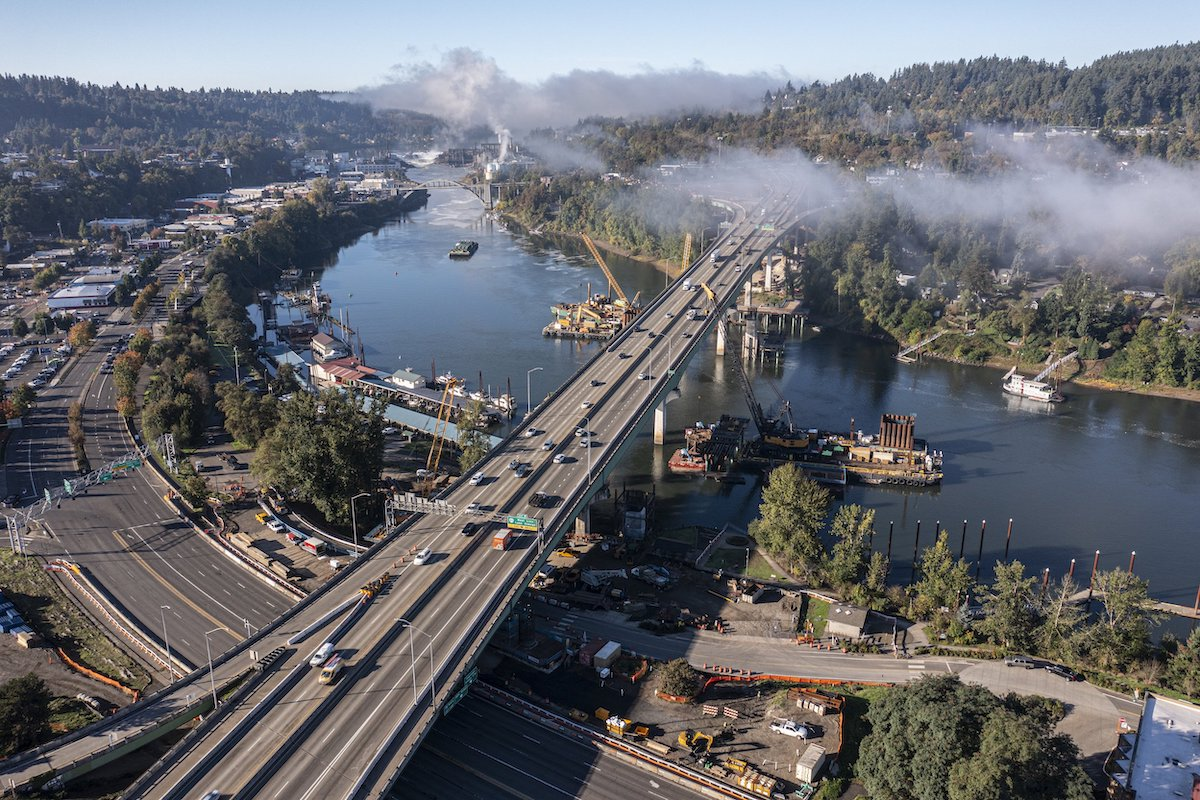More than 30 miles of asphalt-paved bike paths traverse the 45-square-mile island, serving not only as modes of transportation, but popular forms of recreation as well.
Bike use is supported by the island’s town/county consolidated government as an environmentally-friendly alternative to automobiles. This predilection hearkens back to the early 20th century – from 1900 to 1918, Nantucket was one of the few jurisdictions in the U.S. that banned automobiles. Furthermore, nearly a century later in 2002, a task force was formed to consider limiting the number of vehicles on the island to check the heavy traffic during the summer.
Visitors are also attracted to the bikeways because of the island’s temperate weather, due to the influence of the Atlantic Ocean. Average high temperatures in January – the town's coldest month – are around 38 degrees Fahrenheit, while average high temperatures during July and August hover around 75 degrees. This is a climate type rarely found on the east coast of North America.
Ambient temperatures were in the 60s when Braintree, Massachusetts, contractor indus rejuvenated almost 6 miles of the island’s paved bikeways with the application of plant-based Delta Mist, a spray-applied emulsion that functions as a penetrating asphalt rejuvenator fog seal.
As Regional Manager, Viall provides expertise to towns such as Nantucket in the selection of cost-effective techniques and products to manage and preserve the pavements of the community's road network. With more than 40 years’ experience in private and public works construction and maintenance, he provides pavement management products and services to municipalities in Massachusetts, New Hampshire, and Maine. Among these processes is the application of rejuvenating fog seal.

| Your local Bobcat dealer |
|---|
| Pape Material Handling |
According to the National Center for Asphalt Technology, a fog seal is a type of pavement preservation treatment applied to an existing asphalt pavement surface to preserve its functional and structural integrity and delay a more costly rehabilitation treatment in the future. Typically, a fog seal consists of applying a slow-setting asphalt emulsion on an existing pavement surface without a cover aggregate. It is intended to penetrate the surface pores of the pavement to seal very small cracks and surface voids as well as coat surface aggregate particles. A rejuvenating fog seal usually contains either petroleum or bio-based rejuvenators that restore properties of the aged asphalt binder in the surface layer, reducing the likelihood of cohesive failure within the asphalt binder film and slowing the rate of aging caused by oxidation.
The pavement treatment selected for the Nantucket bikeways was Delta Mist penetrating asphalt rejuvenator emulsion manufactured, marketed and sold by Collaborative Aggregates LLC of Lowell, Massachusetts. The product is spray-applied as a topical rejuvenating seal at ambient temperatures and is designed to increase pavement life by restoring oxidized asphalt, reducing loss of fines and aggregates, and improving cohesion while retarding crack propagation of the pavement surface.
In addition, when first applied, the product appears as a white mist, but it becomes transparent within minutes, seeming to disappear. The manufacturer notes that with proper pavement surface preparation and application rate, the rejuvenating process slows asphalt oxidation for up to three years or more with each treatment.
Viall works with municipal officials in selecting roads for various pavement preservation treatments and typically coordinates the selection process with the town's consultant, in Nantucket’s case, Beta Engineering.
Viall said he was contacted by Beta in May 2021 about the job. They were handling all road projects for the town and asked him to take a look at a 21-mile stretch of bikeway consisting of three separate bike paths. All three of the 8-foot-wide bike paths needed crack sealing, but one was in better condition with only light cracking. Town officials, in consultation with Beta, agreed to try the use of rejuvenating fog seal on the lightly cracked path.

| Your local Trimble Construction Division dealer |
|---|
| SITECH Northwest |
The chosen path has a 2-1/2-inch, seven-year-old asphalt pavement and is approximately 5.7 miles long. The bike path starts at one end of the island, running to the center with a bridge crossing and then continuing from the bridge to the other end of the island.
The construction crew used a late-model International truck with a 2,000-gallon Etnyre tank and distributor spray bar to apply the fog seal. The seal was sprayed at the rate of 0.1 gallons per square yard, covering approximately 2,700 square yards of bike path with 270 gallons of fog seal.
“Bike traffic was back to normal within 15 minutes of the fog seal application,” Viall concluded.
Photos courtesy of John Giammatteo


















